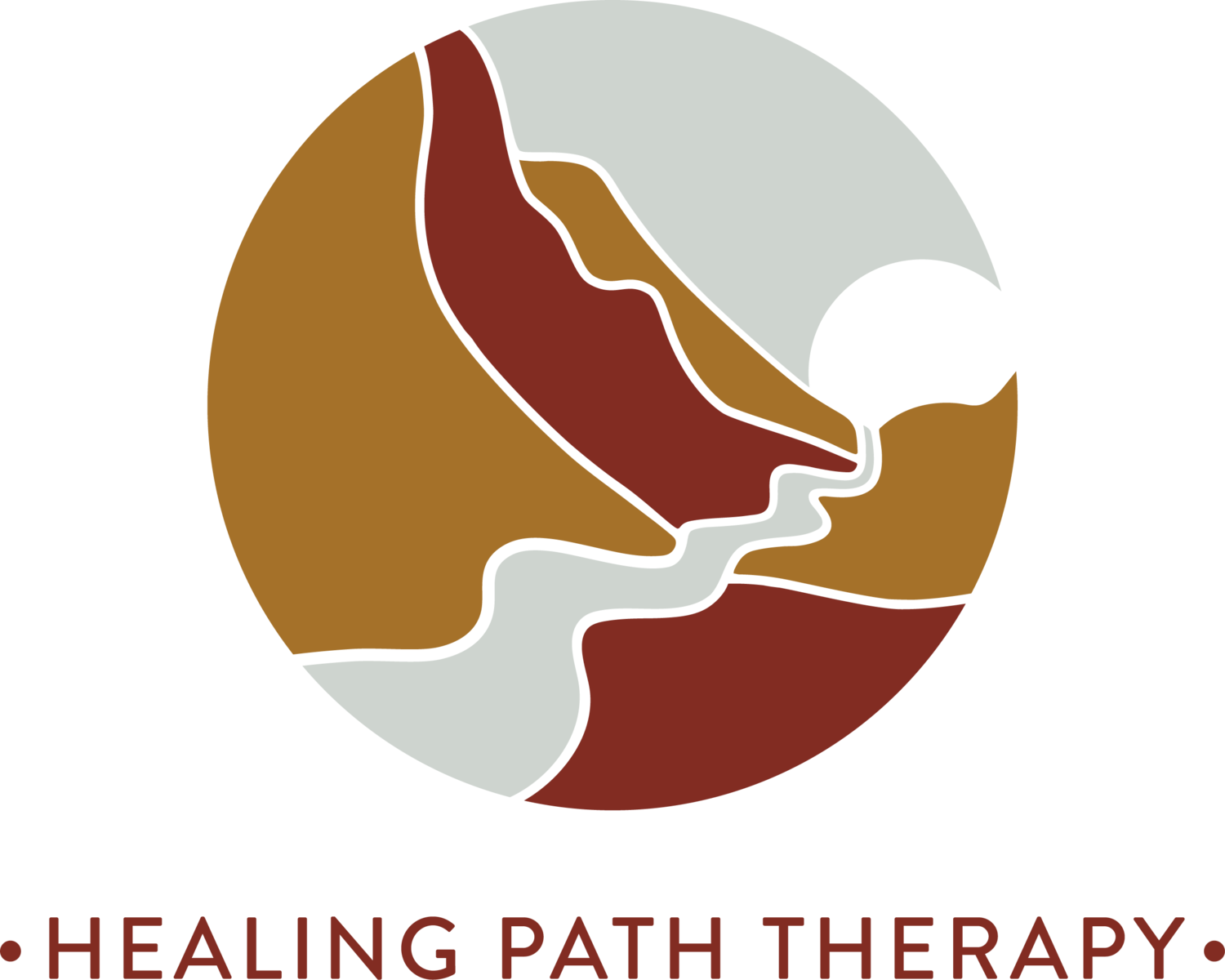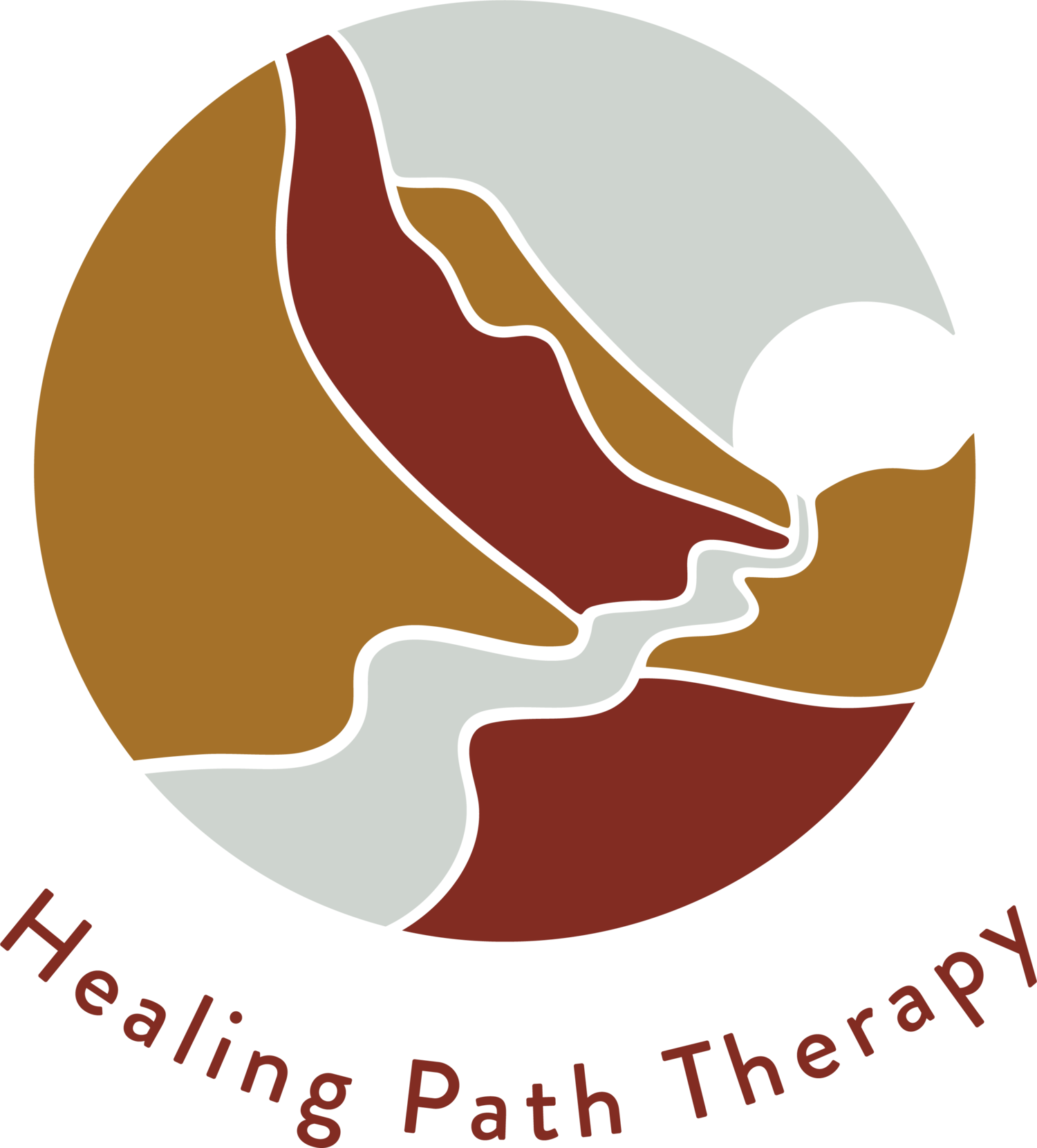Eye Movement Desensitization
and Reprocessing Therapy (EMDR)
EMDR (Eye Movement Desensitization and Reprocessing therapy) is an approach to therapeutic change that has been around for about 35 years and has helped millions of clients resolve or greatly reduce the impact of trauma and other disturbing events. It integrates several different therapy approaches such as neurobiology, cognitive, and behavioral into a reliably effective protocol for, as Francine Shapiro said, “getting past your past.”
Briefly, the protocol involves thinking of moments from the past that still have a negative impact on you while experiencing bilateral stimulation. The idea is to let your brain reprocess something that didn’t get processed right the first time, in order to let it go to a place where it doesn’t have a negative impact anymore. EMDR harnesses the mind’s natural ability to heal, which we call Adaptive Information Processing. Where that process didn’t go well initially, EMDR is a structured way to go back through and address the event or memory that continues to cause distress in a more natural and healthy way.
At the end of successful EMDR therapy, old memories with their attendant emotions, sensations, and beliefs simply don’t have the same charge or impact as they did before. Clients regularly describe feeling lighter or having trouble holding a memory that used to intrude in their mind.
EMDR is known as an approach that can help with PTSD and trauma of all kinds - war, accidents, and sexual abuse. However, this knowledge can often make us think that it “doesn’t apply to me or my problems.” EMDR protocols can also help with issues such as phobias, grief, addictions and performance anxiety, to name just a few of the other applications. Rather than rule yourself out, ask if it can help. It can be an answer to many things that get “stuck” in our brain, that we might not necessarily think of as trauma.
We are both EMDR therapists at Healing Path Therapy and we’d be happy to answer any questions you may have about the approach. Call us at 770-827-0533 if you’d like more information. Additionally, the international association’s website has a lot of good information on it: https://www.emdria.org/

